Standing up to Russian president Vladimir Putin comes at a dangerous price. Throughout the 24 years President Putin’s been in power, he’s imprisoned, exiled, poisoned, and murdered his critics.
Alexei Navalny is the newest name on this list that tells the arduous story of Russia’s opposition movement. On February 16, the anti-corruption activist and politician died in an infamously cruel maximum security penal colony above the Arctic Circle. Navalny was serving a combined 45 and a half year sentence on charges widely considered to be trumped up. He was tortured with sleep deprivation, denied proper medical care, and spent around 300 days in solitary confinement, keeping his spirit unbroken throughout.
Navalny’s team and supporters, as well as several world leaders, find it hard to believe the 47-year-old passed away naturally from “sudden death syndrome,” as prison authorities claimed in an ambiguous report. Instead, they believe President Putin killed Navalny.
What a display of authority, certainly, for the president to eliminate his most prominent oppositionist days before the two-year anniversary of the War in Ukraine and a month before an election he is guaranteed to win, extending his reign into 2030.
Besides, the Kremlin nearly killed Navalny four years earlier.
In 2020, Navalny was poisoned with a Novichok in the form of a chemical weapon. Novichok is a group of nerve agents that causes bodily functions to fail. As Navalny clung to life on a ventilator, his wife Yulia fought to have him transferred from a Russian hospital into a German one. He spent 18 days in a coma before regaining consciousness – his body ravaged, his gross motor skills gone, but alive nonetheless.
Navalny’s poisoning was a powerful metaphor for the opposition movement. Six months later, President Putin would invade Ukraine, launching a brutal crackdown on dissent to prevent any criticism of the “special military operation,” as the Kremlin calls it. Navalny’s survival solidified the belief that the movement could survive even the most repressive of measures.
During his months-long recovery in Germany, Navalny identified his attackers. From his first blog posts exposing the billions embezzled by state-owned oil companies to his accessible YouTube deep dives uncovering the luxurious lives of high-ranking politicians, Navalny perfected the art of investigation. With the help of his team at the Anti-Corruption Foundation, Navalny anonymously called the eight people involved in his poisoning and got an admission. Konstantin Kudryavtsev, an agent of Russia’s Federal Security Service, described the process: they applied a solution of Novichok to Navalny’s clothing. Navalny concluded that President Putin ordered to kill him.
Navalny now had two options: to stay in Germany and operate his movement from exile, or to return to Russia, where he’d absolutely be arrested upon arrival.
He chose to go back to his country.
Airport border control detained him immediately on January 17, 2021, sparking massive protests in which police detained over 3,700 people.
“I have my country and my convictions,” Navalny explained in a statement. “I can’t betray one or the other. If your convictions mean something, you must be prepared to stand up for them and make sacrifices if necessary.”
As an individual, Navalny’s relentlessness intimidated the Kremlin. His ability to harness alternative media to bring the government’s rampant corruption to light and, as a result, mobilize thousands against the authoritarian leaders repressing their freedoms, made him a terrifying threat.
Navalny was jailed upwards of 10 times during the massive 2011 election fraud protests and the 2017 anti-corruption protests of which he was a lead organizer. He ran for president in 2018 with a strong support, so the Kremlin barred him from the ballot on trumped up charges of embezzlement, a common tactic President Putin used to silence unloyal oligarchs. Navalny rebuilt grassroots activism and revitalized the public sphere under a regime that sought to destroy both.
He was a martyr, but he wasn’t a saint. His disturbing history of nationalism polarizes his legacy. Although Navalny transitioned into a more liberal civic nationalist throughout the 2010s, he didn’t apologize for several of his previous actions and comments, leading many to believe he hadn’t entirely abandoned his old views. The Kremlin weaponized these suspicions into propaganda campaigns against Navalny that successfully defamed him among a significant portion of Russians.
Navalny’s vision of a corruption-free, democratic, “beautiful Russia of the future” resonated with many who disagreed with his nationalist beliefs. Now, the loudest proponent of those progressive ideals is gone, leaving an infamously scattered opposition movement leaderless.
However, the opposition turned Navalny’s funeral into one of the largest displays of dissent since the early weeks of the War in Ukraine. On March 1, Russians of all ages traveled by the thousands to Moscow, shouting a variety of chants among heavy police presence: no to war, Putin is a murderer, Russia without Putin, we are not afraid, Russia will be free. Over the course of three days, mourners covered Navalny’s gravestone in a mountain of flowers so enormous the cross on top is no longer visible. It’s a striking symbol of defiance towards the police forces who detained over 400 Russians for laying flowers at informal memorials in the week following Navalny’s death.
Navalny constantly stressed the need for the Russian people not to be afraid to stand up to President Putin and his “party of crooks and thieves.” During his recovery in Germany, filmmaker Daniel Roher asked Navalny what he would tell his supporters if he was killed. “If they decide to kill me, it means that we are incredibly strong,” he answered. “We need to utilize this power to not give up, to remember we are a huge power that is being oppressed by these bad dudes. We don’t realize how strong we actually are. The only thing necessary for the triumph of evil is for good people to do nothing. So don’t be inactive.”
There’s an idea floating around in the Western media – and certainly on Russian state television – that Russia’s entire opposition movement, that any possibility of a democratic Russia, is buried with Navalny in the Borisov cemetery. Losing their leader is a major setback that will change the movement’s shape. Navalny’s innovative, charismatic, and established shoes are going to be challenging to fill, especially since President Putin will target anyone who can manage to become as popular. Yulia Navalnaya has vowed to continue her husband’s work, already planning a protest against President Putin at noon on election day, March 17. However, Navalnaya does not reside in Russia, and state TV reports she will be arrested if she returns.
Russia’s opposition is being tested. But if the movement was truly dead, you’d be able to see the cross protruding from Navalny’s gravestone.



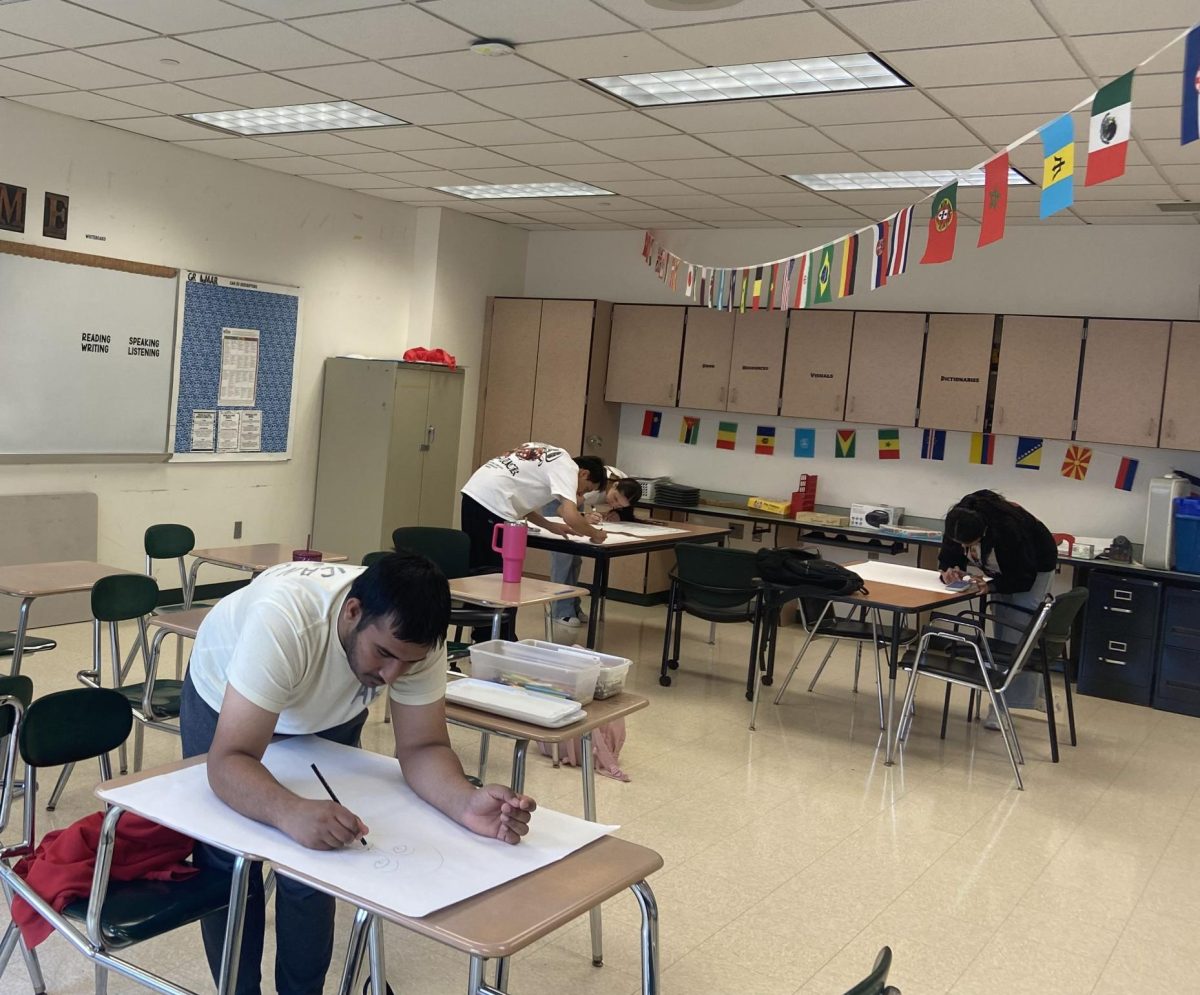


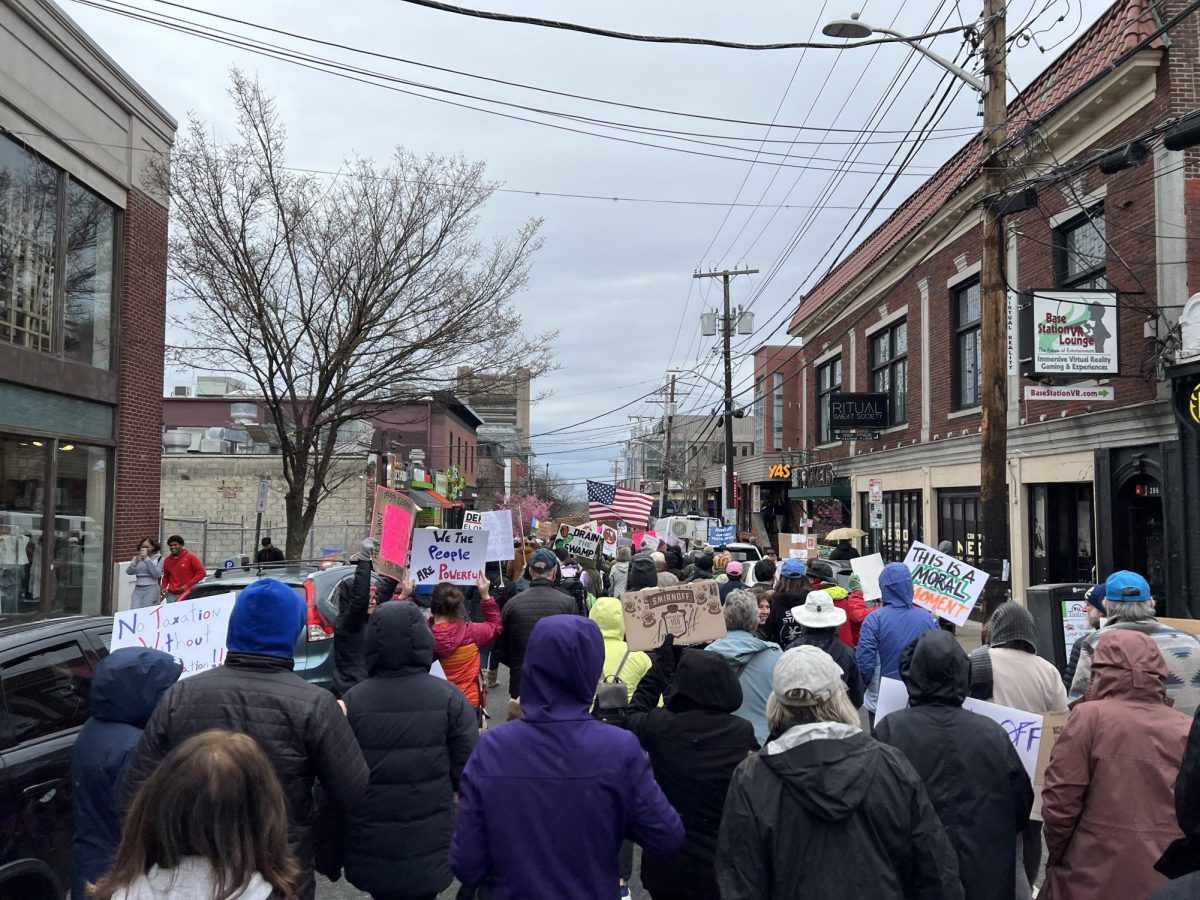


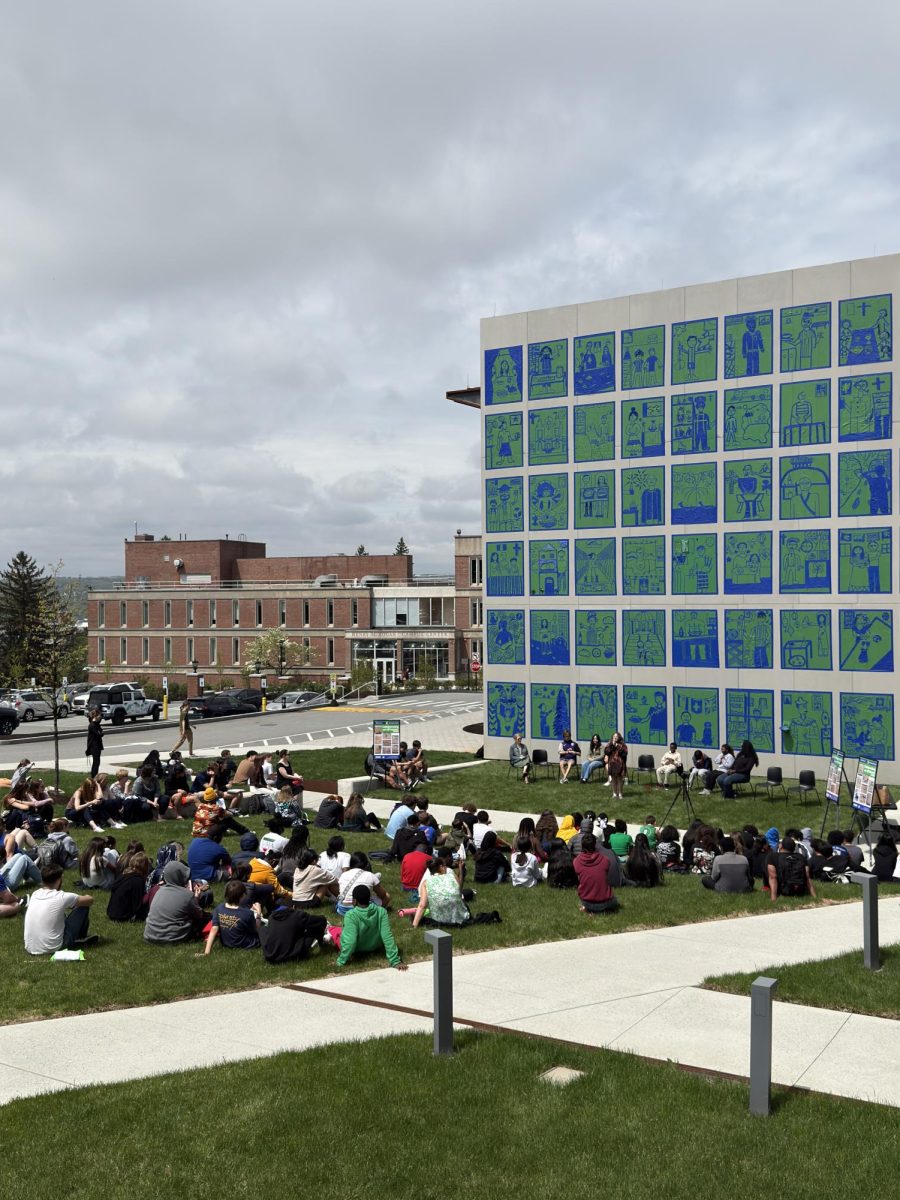
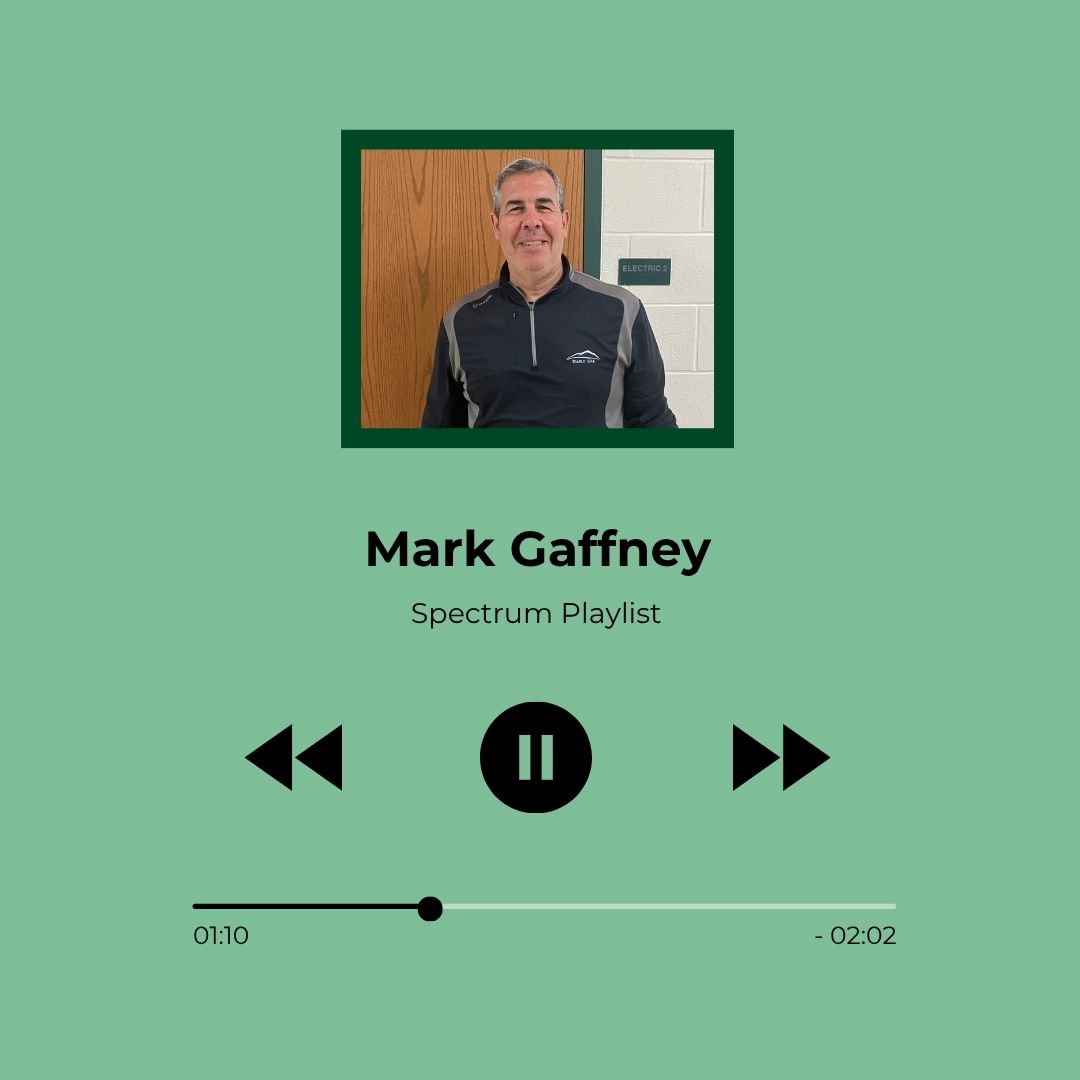

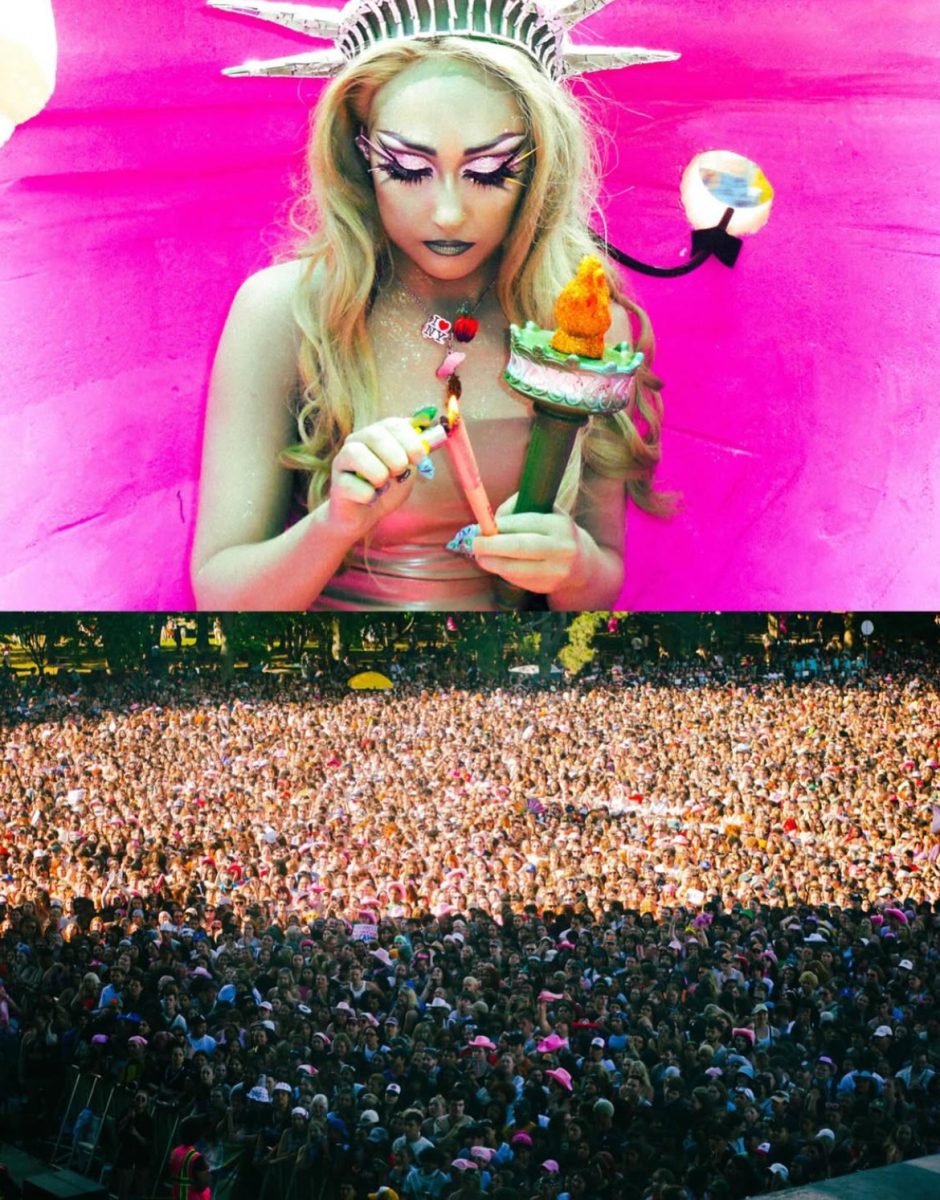



Ahmed R • Jun 7, 2024 at 11:03 pm
I would like to remind you that Navalni is likely a nationalist, even though he fights putin’s rule
Its nice that he created such a movement but at the same time we should strive better than nationalism